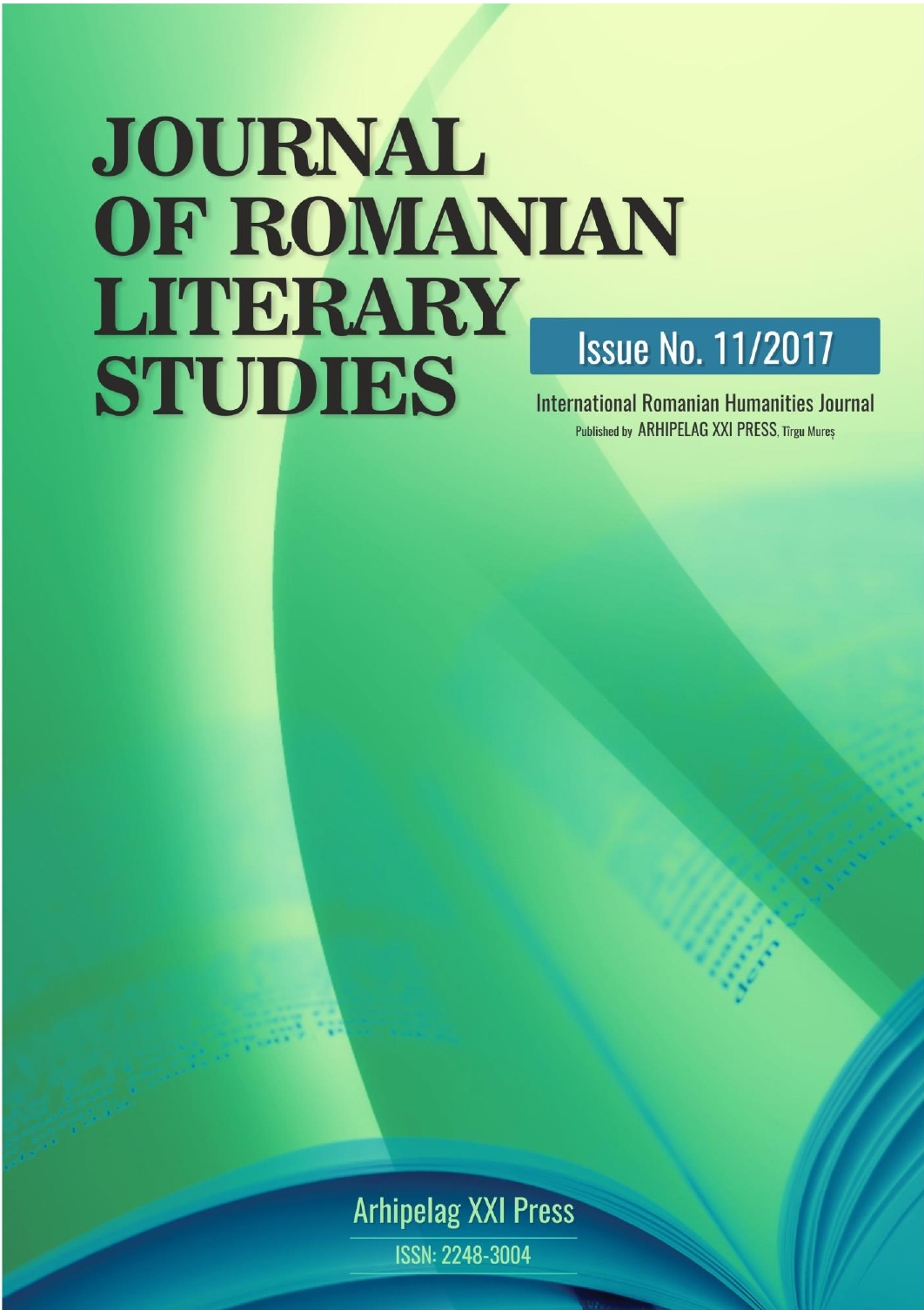THE ADHERENCE-RELATEME OF THE ROMANIAN PROPER ADJECTIVES
THE ADHERENCE-RELATEME OF THE ROMANIAN PROPER ADJECTIVES
Author(s): Diana-Maria RomanSubject(s): Language studies, Morphology, Syntax, Lexis, Semantics, Philology
Published by: Editura Arhipelag XXI
Keywords: relateme; proper adjective; adherence-relateme; flective typology; flectional grammatical category; non-flectional grammatical category;
Summary/Abstract: Representing a grammar study of the contemporary Romanian language, the present paper is intended to reopen the discussion regarding the subordination modality of the proper adjectives considered totally invariable or non-flexible. Generally speaking, the Romanian proper adjective, from a morphosyntactic point of view, is characterized by the following axiomatic features: it appears in a structural position as a part of a sentence type and a syntactic function, it has inflection, it extricates, according to topic, monomorphematic flective and bimorphematic flective, it accords syntagmatically with a substantival one. In regards to the variable adjective, as a flective typology, this knows: flective-relateme of desinence type, the definite determinative article, article of gender, number and case. Once recognized the total invariability or inflexibility of certain lexemes within this lexical-grammar class, there can be traced two essential and complementary features: on one side, the respective words, in the absence of a flective, but alternatively occupying the position of a variable proper adjective, they can own the same grammar categories, named, in this context, non-flectional grammatical categories, on the other hand, the subordination method is adherence-relateme, not flective-relateme.
Journal: Journal of Romanian Literary Studies
- Issue Year: 2017
- Issue No: 11
- Page Range: 782-792
- Page Count: 11
- Language: Romanian

